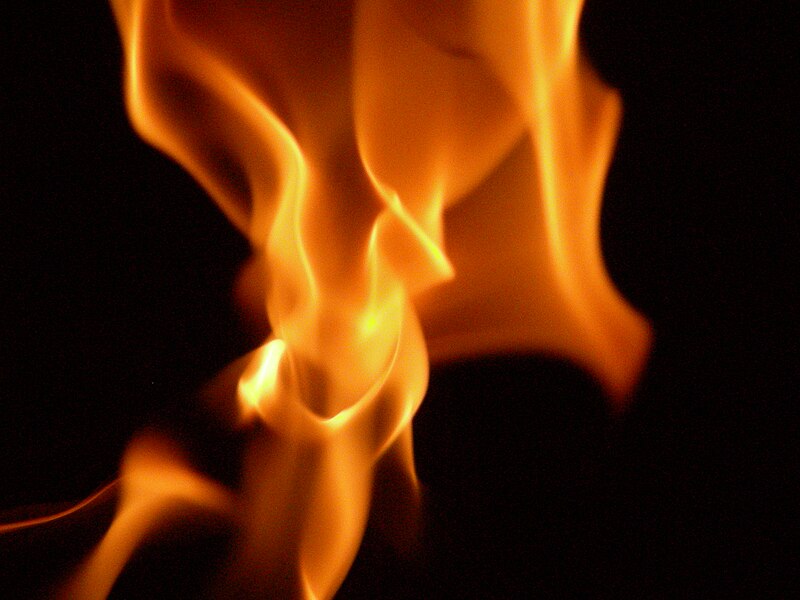MUNICH — Foreign ministers from the Group of Seven (G7) nations reaffirmed their commitment to Ukraine and condemned security threats from Iran, North Korea, and China during a meeting on the sidelines of the Munich Security Conference.
Meeting for the first time under Canada’s 2025 presidency, the G7 ministers discussed Russia’s war in Ukraine, pledging continued support for the country’s sovereignty and security.
“We are committed to helping achieve a durable peace and ensuring the war will not begin again,” the ministers said in a joint statement.
The ministers also welcomed Ukrainian Foreign Minister Andrii Sybiha to the discussions and reiterated their commitment to holding Russia accountable. They stressed that any new sanctions after February would be linked to Moscow’s willingness to engage in genuine peace negotiations.
The G7 condemned military assistance to Russia from China, North Korea, and Iran, calling for an immediate halt to such support.
In the Middle East, the ministers underscored the importance of a lasting Israeli-Palestinian peace and backed ongoing ceasefire negotiations mediated by Egypt, Qatar, and the U.S. They condemned Hamas and emphasized that the group must not regain military strength or participate in governance.
On Iran, the G7 ministers denounced Tehran’s uranium enrichment activities, support for militant groups, and human rights violations.
“We unequivocally condemn Iran’s destabilizing actions, including its proliferation of ballistic missiles and drones,” the statement read.
The ministers also expressed concern over North Korea’s nuclear program and its military cooperation with Russia, warning of serious consequences for European and Indo-Pacific security.
The meeting concluded with discussions on global conflicts, including those in the Democratic Republic of the Congo, Sudan, Haiti, and Venezuela.
The G7 ministers are set to reconvene in Charlevoix, Quebec, from March 12-14.




